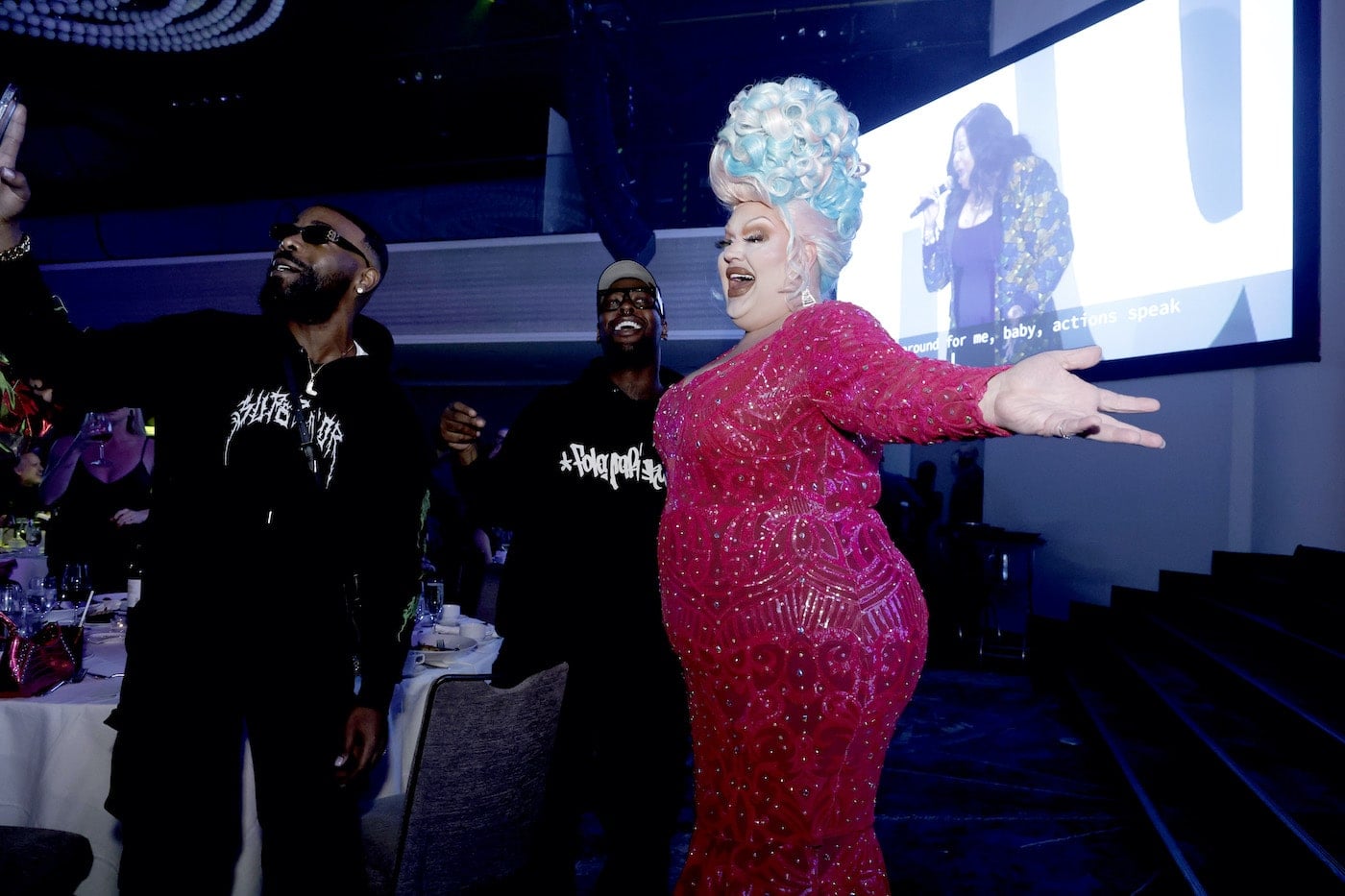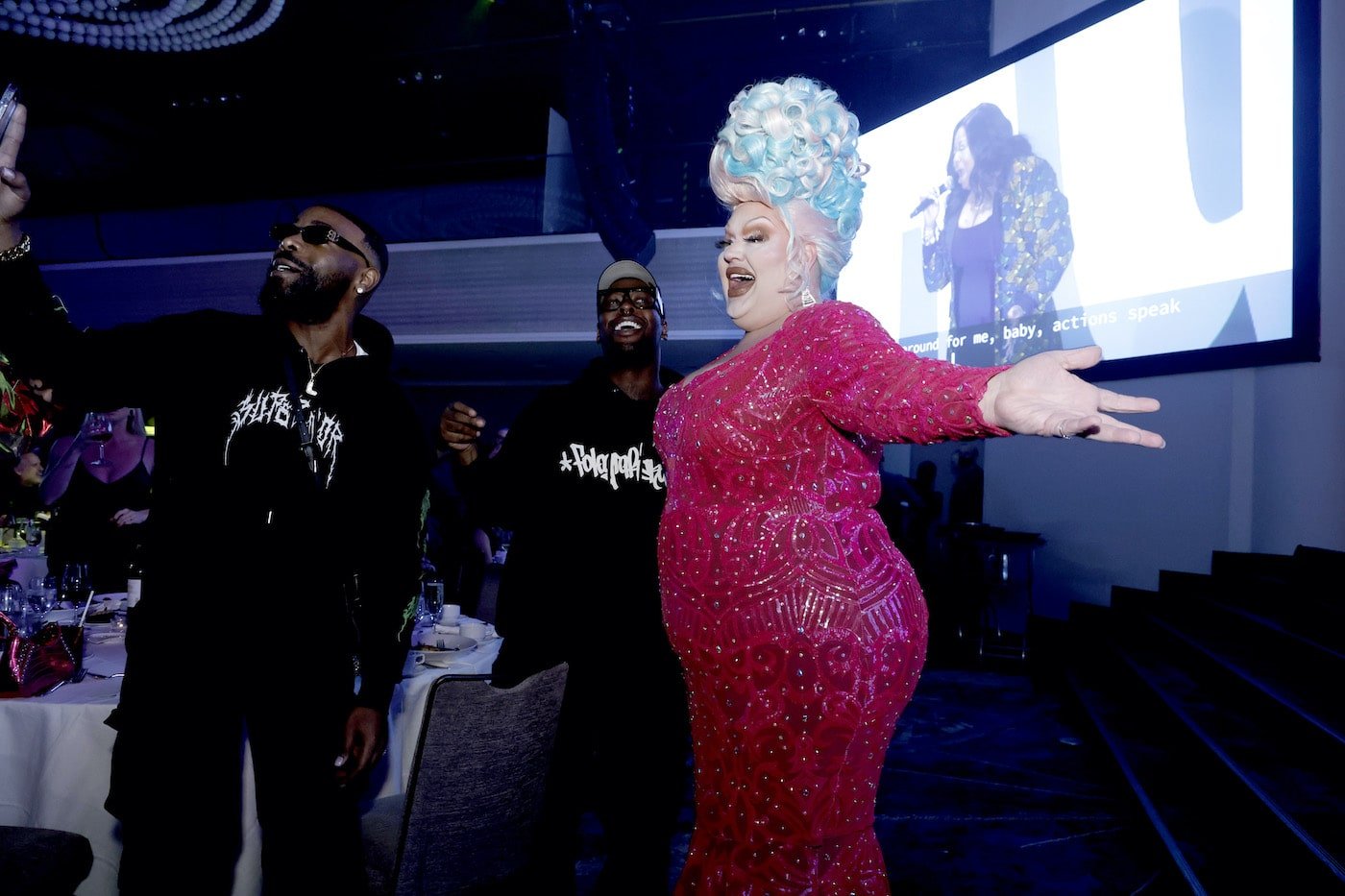
‘RuPaul’s Drag Race’ Star Eureka O’Hara Opens Up About Addiction and Loss
A painkiller addiction spiraled and RuPaul’s Drag Race star Eureka O’Hara’s life began to crumble, especially after the loss of her mother to cancer and grandmother.
O’Hara described a life of addiction, born from childhood traumas and rejection. Losing the two people who were in her corner the most was a turning point. Her addiction worsened until several rock-bottom moments woke her up to sobriety.
Eureka O’Hara realized her grandmother accepted her
O’Hara didn’t come to this realization until after her grandmother had died. “It didn’t really hit me until honestly right after my grandmother passed away,” she explained on Addiction Talk. “So a year or two later after my mother passed away, my grandmother passed away. And that was my other person, you know, the two people that were there for me my entire life, even when my mother didn’t understand me, there was my grandmother.”

“I’ll never forget in the middle of the night I would sneak and watch Queer as Folk on the TV,” O’Hara recalled. “One day I’m helping my grandmother sift through her music boxes. And she’s like, why don’t we watch that Queer as Folk show you watch all the time, [laugh]. And I was like, granny, no. Oh my gosh, I would never. And she was like, ‘It’s OK,’ you know? And she gave me that moment of like, it’s OK, be who you are, you know?”
Eureka O’Hara’s addiction spiraled after her mother and grandmother died
O’Hara’s grandmother also had a transgender friend, who was one of her best friends. “[She] would come over and sit with her and they would paint nails, so I just always had that with her,” O’Hara said. “So then losing her too, it just kind of broke something off in my spirit maybe. And I just got a little careless. It’s weird because I realized it was a problem when I felt invincible with it. It was weird. And, honestly self-destructive. Like I could tell it was becoming more self-destructive almost on purpose. Like, I was wanting to punish myself, so I didn’t care if people saw it publicly.”
That moment started changing the root of O’Hara. “And how I respond to things and how I talk and how I treat myself and how I treat people. And I think that’s when you realize that you’re caught by the addiction disease. Because it truly does change who you are.”
“And did people start to notice? Oh, people noticed for sure. I mean, if they would have to be blind not to, you know what I mean? And of course, I had friends and people coming to me, wondering is everything OK. Because I am such a big, in self-control, type personality, people aren’t normally used to seeing me derail. So I think it was also hard for a lot of even my closer friends to like, OK, how do I approach this person about this, you know?”
Rock bottom moments helped her to change
O’Hara admitted to hitting rock bottom at that point. “It was several rock bottom moments. I think in addiction, there are just those moments when you realize it’s the next day when you’re thinking back on some, or on the things you said to the people you love the most. You know, it’s the moments that you’re laying there with yourself no longer inebriated.”
“And you have to deal with what you did in this state the night before,” O’Hara said. “You know what I mean? When you drink too much or you know, whatever your drug of choice is. I’m not here to judge because I’ve been in every meeting room because I like to go to all meetings, whether it’s CMA, which is Crystal Meth Anonymous, or Narcotics Anonymous. I go to AA [and] I’ve been to gambling or GA or something like that.”


